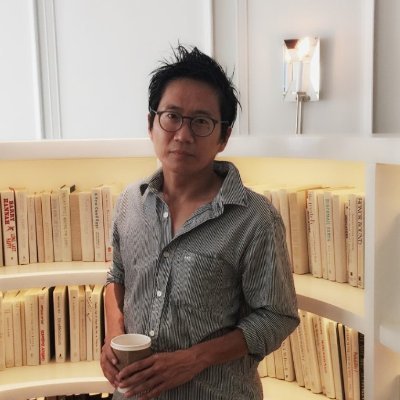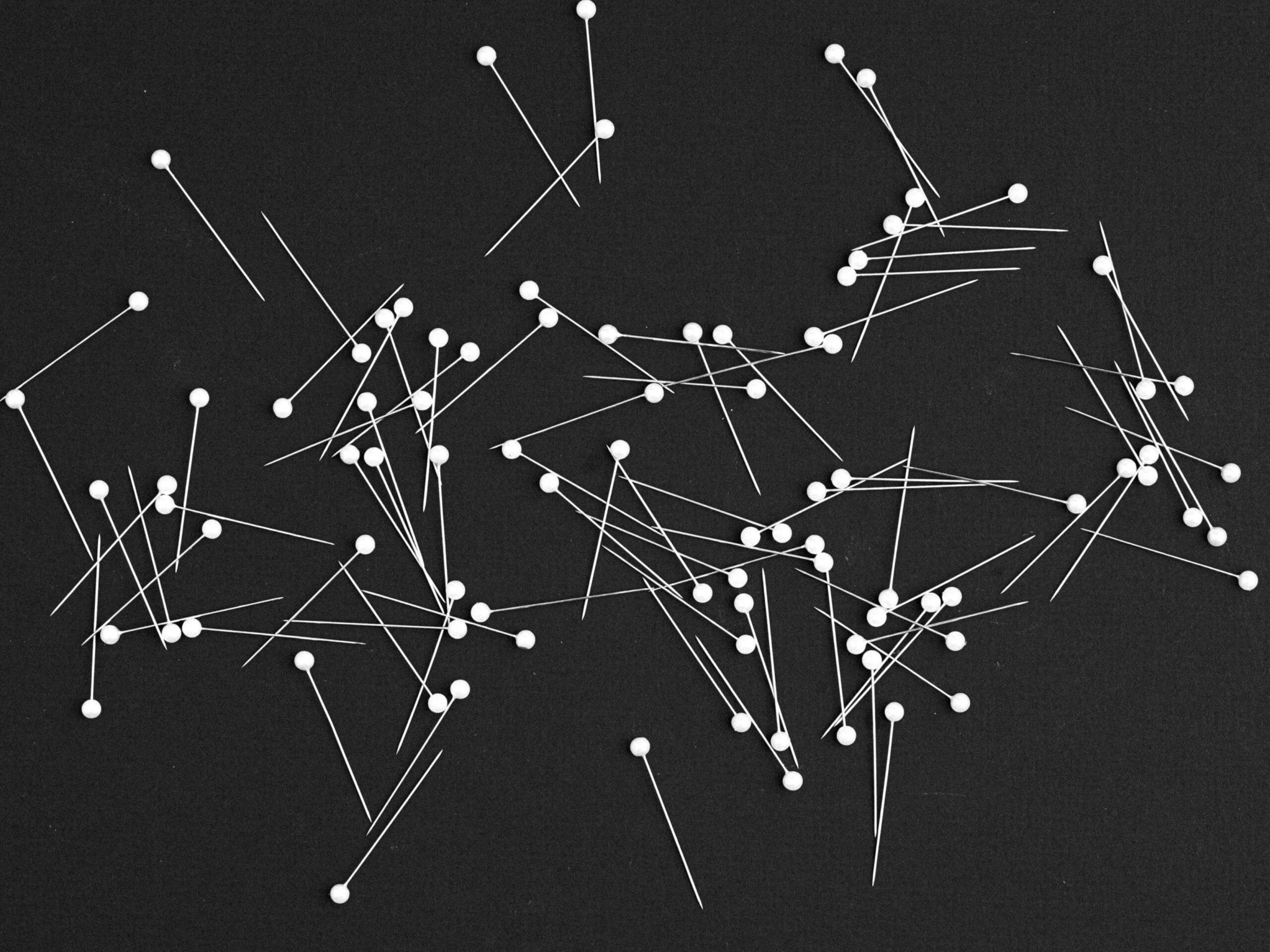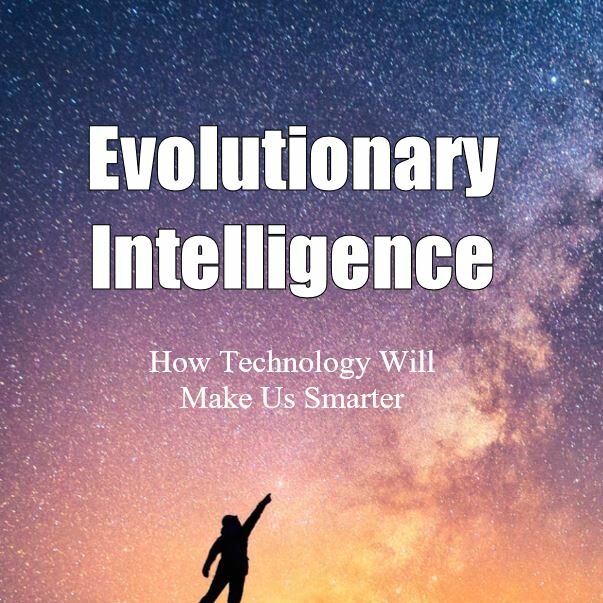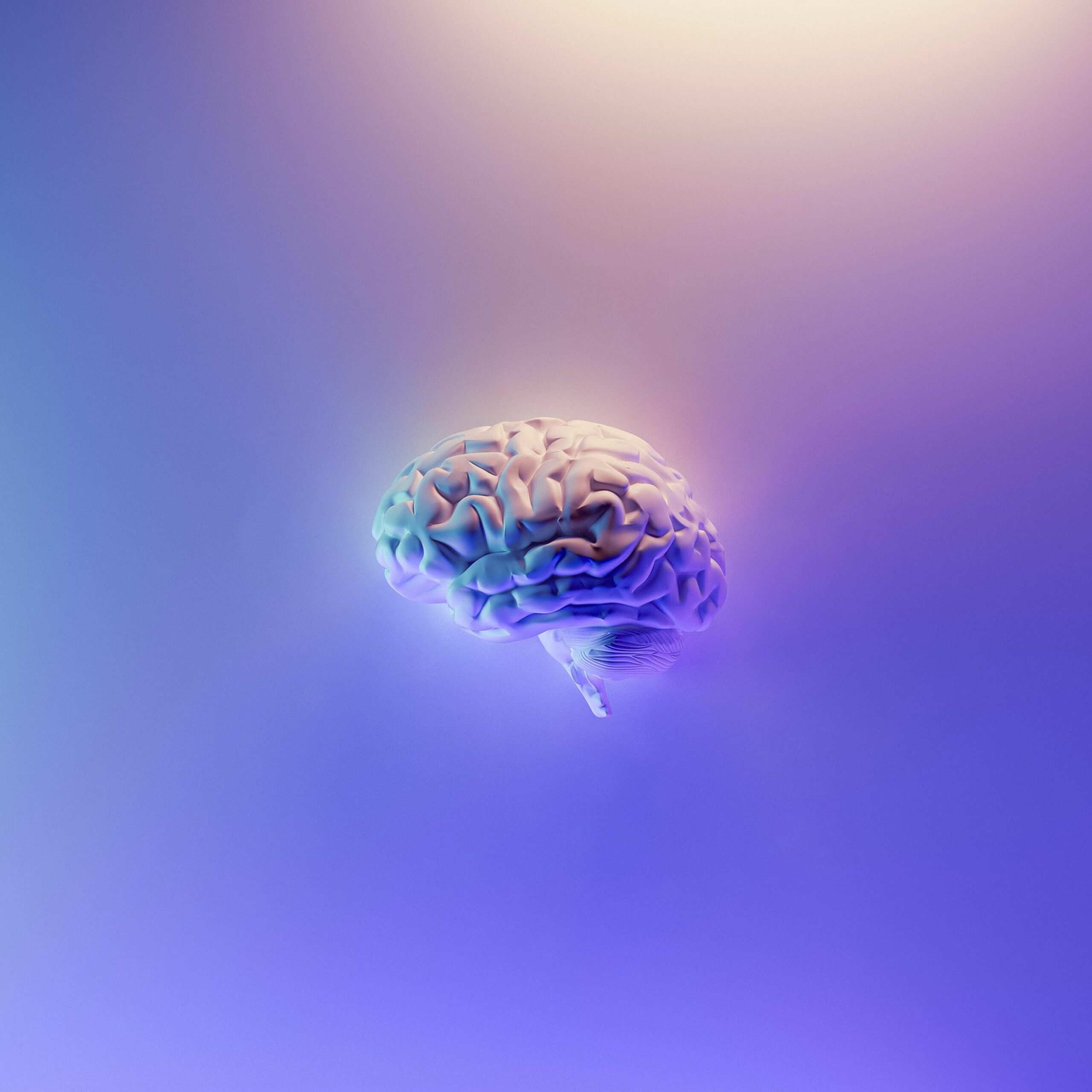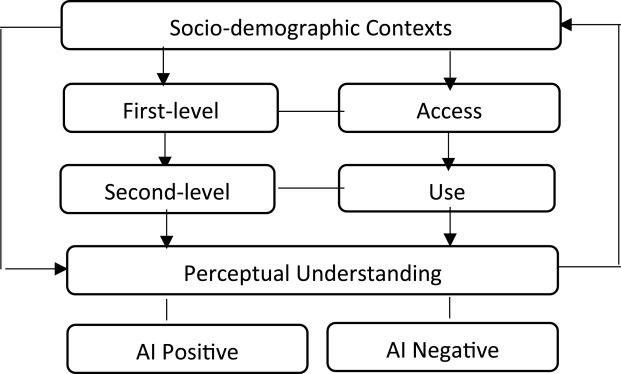Yong Jin Park is Professor at the School of Communications at Howard University. He works on the effects of emerging technologies in intersection with social and policy problems. Currently, his research focuses on the areas of AI, algorithm, personal data, and digital inequalities. His recent book is The Future of Digital Surveillance (University of Michigan Press, 2021). He was previously a Research Fellow at the Center for Information Technology Policy at Princeton University. He completed his doctorate at the University of Michigan.
Twitter: @YongJinPark5
